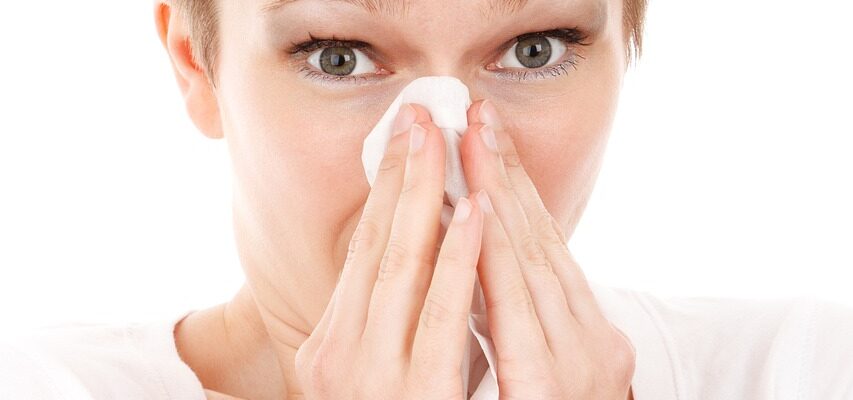Tips To Help With Allergies
As the seasons change and flowers begin to bloom, many people get ready for the allergic symptoms of spring returning. Allergies may seriously interfere with day-to-day activities. These include sneezing fits brought on by pollen, itchy eyes from pet dander, and chronic sniffles caused by dust mites. However, with the correct information and techniques, allergy season may be managed more efficiently, and uncomfortable symptoms can be relieved.
Continue reading to see some tips to help with allergies.
Use Air Purifiers to Help with Allergies
Given that air purifiers work to eliminate airborne allergens from interior environments, they can be beneficial for individuals who have allergies. Cleaner, healthier indoor air is produced due to their filtering out contaminants. This includes smoking, VOCs, and smells. By keeping allergens from adhering to surfaces, like furniture, can create an allergy-friendly environment by preventing allergens from adhering, minimizing re-exposure, and reducing maintenance requirements.
Another way to purify the air in an indoor environment is with air filters like the HEPA air filters, which are recommended explicitly for allergy/asthma sufferers. An article by Flonase, an allergy relief brand, says, “Some studies have shown that placing an air filter in your home can reduce indoor air pollution and provide some relief from allergy symptoms.” Air filters are crucial in treating allergies and respiratory disorders by effectively reducing allergen exposure and improving indoor air quality.
Over-the-Counter Medications
Prescription drugs offer allergy relief, but over-the-counter (OTC) alternatives like congestion medications, nasal sprays, and tablets are readily available and effective in treating symptoms.
WebMD, an American corporation, says, “These medicines work well to relieve symptoms of different types of allergies, including seasonal (hay fever), indoor, and food allergies.” Over-the-counter allergy drugs (OTC) address certain symptoms such as nasal congestion, swelling, and itching and sneezing. Allergy remedies, such as tablets, liquids, eye drops, and nasal sprays, can make those with allergies more comfortable.

Managing Stress
Controlling stress greatly reduces allergy symptoms and enhances general health. Since stress weakens the immune system and increases inflammation, it can exacerbate allergy symptoms. Stress-reduction methods include deep breathing and meditation. Stress can also be decreased by leading a healthy lifestyle that includes frequent exercise, rest, and a balanced diet.
Various solutions, such as air purifiers, allergen-proofing, stress-reduction strategies, and over-the-counter medications, can help manage allergies. However, it’s crucial to research and be flexible, as one person’s solution may not work for another. Proactive measures can enhance immune function, reduce allergen exposure, and promote a fulfilling life.
To read more about health, visit Magic Feet.



